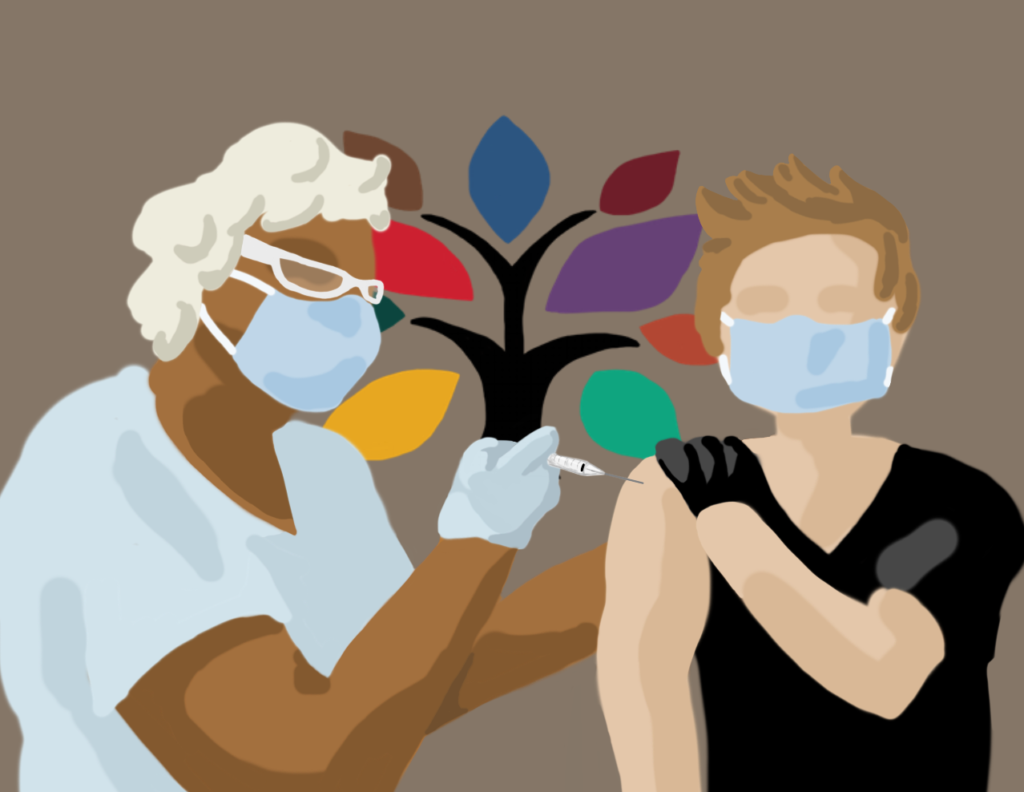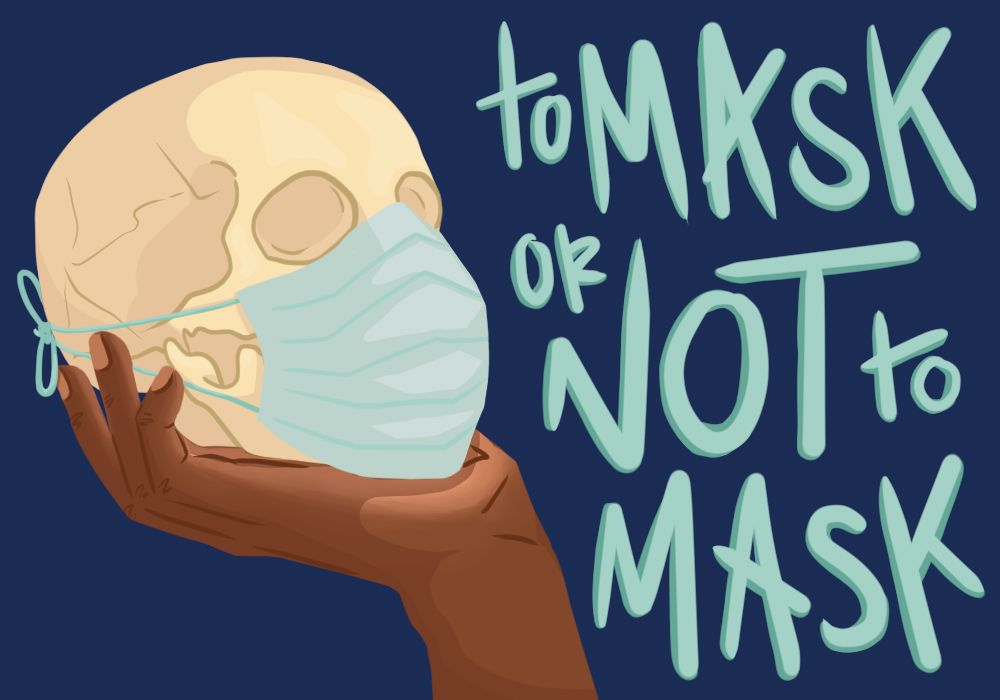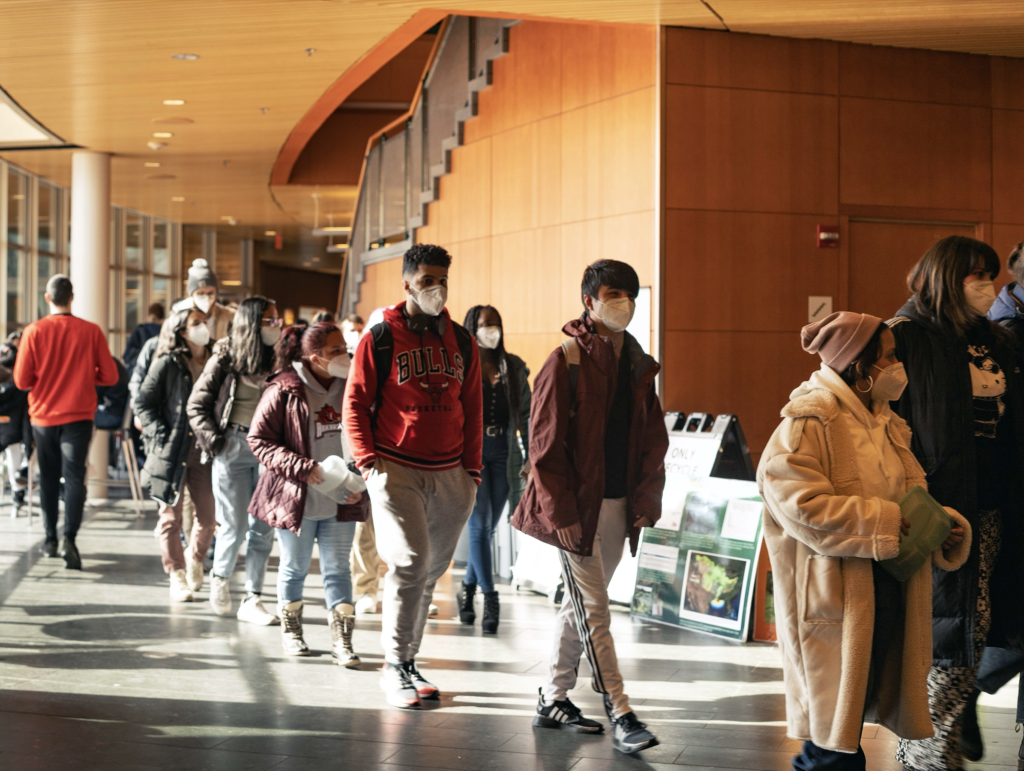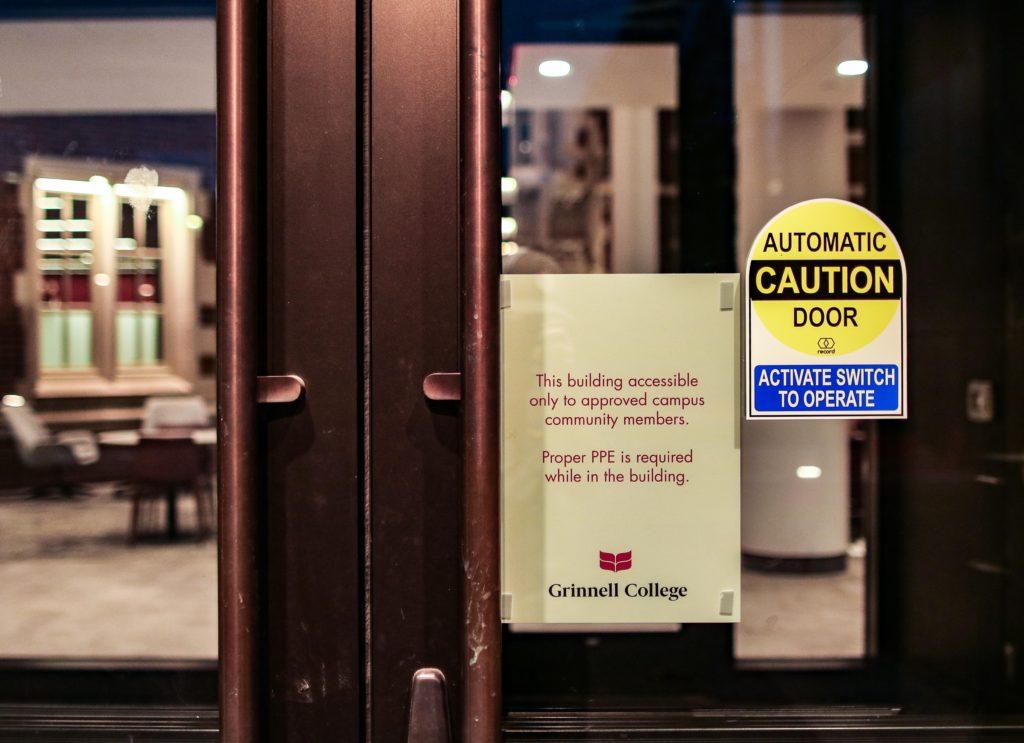Amidst the frantic planning, packing and unexpected farewells that came as Grinnell College declared campus was closing due to the threat of COVID-19, Lisette Kelly ’22 didn’t have time to consider what online classes would be like back home in Michigan. Even her excitement at the news that she had been awarded a prestigious Mellon Mays fellowship, which came just hours after the College announced that the spring semester was effectively ending, was tempered by the process of rapid departure.
Once home, Kelly found that without access to a classroom, a library or the in-person support of her professors and classmates, she struggled to find the same value in her education that she did back in Grinnell.
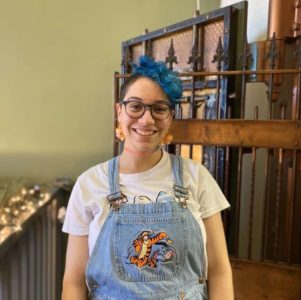
Now, as the COVID-19 pandemic drags on through the summer, the College’s reopening plan guarantees Kelly would spend the first half of the year taking remote classes again. Faced with another online semester this fall, Kelly is placing her studies and her research fellowship on pause as she prepares to take a leave of absence.
“It’s a huge choice to take a semester off … but also it’s equally drastic to do class online for months. So many people aren’t equipped to do that, and honestly, the College isn’t either, no matter what they’re doing [to prepare],” she said. “As long as everyone’s safe and healthy and learning in a good way, I’d rather graduate late than compromise my time on campus.”
Over the past two weeks, The S&B spoke with twenty students considering a leave. Identifying a singular factor driving students to rethink their plans proved impossible; each student has been mulling over a multitude of reasons to take a leave, wondering whether they’re enough to put their degrees on hold.
It’s a huge choice to take a semester off … but also it’s equally drastic to do class online for months. – Lisette Kelly ’22
The College has assured students that online classes for the fall will be vastly improved from the hastily reconfigured distance learning of the spring semester. Faculty across disciplines have spent their summers adapting their syllabi to online formats. But despite the College’s reassurance that the same educational value remains, students are broadly skeptical about the value of online education. These anxieties are compounded by the fact that the College will not be discounting tuition for online courses.
“I can’t imagine having to pay what I pay to go to school to receive an online education. It just doesn’t make sense to me,” said Andy Kenley ’22, who is considering taking the semester off – and even transferring to another college – out of concern for the quality of online courses as well as the uncertainty of his family’s financial situation.

Most students interviewed said they had struggled to focus, retain what they were learning and motivate themselves while removed from the academic environment and resources of Grinnell’s campus. Regardless of the quality of teaching, the stresses created by the pandemic often made them view schoolwork as a mere task to be completed and not a meaningful learning experience, as is crucial to the liberal arts education model.
Some students, like Bailey Vandekamp ’22, find themselves caught between the exorbitant price of online classes and concern about the implications of returning to campus as coronavirus cases soar in the U.S.
“I was hoping, being a school that says they value civic responsibility, they would think more about how bringing back students in any capacity is going to affect the community and public health,” said Vandekamp. She said that she worries about predictions which say there will be another spike in cases in the fall.
Many students on the fence about taking time off were concerned about possible repercussions stemming from College policy. Initially, the College said they would consider whether or not students had been continuously enrolled when extending on-campus invitations to students, which many saw as a not-so-subtle tactic to discourage leaves of absence. Ashton Aveling ’22 pushed the Curriculum Committee to reconsider, and the policy has since been reversed.
“I found that ethically disturbing,” Aveling said. “If you penalize people for not taking full-time online courses, you’re kind of assuming that it’s just a choice. In reality, people are in all kinds of unique, individual circumstances. You can’t assume that’s the appropriate choice for everyone and that’s in effect what the College policies were doing.”
If you penalize people for not taking full-time online courses, you’re kind of assuming that it’s just a choice. – Ashton Aveling ’22
Now free to pursue alternate options, some students are exploring more meaningful or cost-effective ways to spend their fall, such as volunteering, earning transfer credits at colleges closer to home and working jobs or internships.
“I’ve found a job this summer working in a COVID-19 homeless respite and the work was extended until December 30th,” wrote Isabel Lieb ’22 in a Facebook message to The S&B. “Because of this and prepping for the GRE and taking prerequisites for a graduate program at a community college, taking the semester off seemed to be the best choice both time-wise and financially.”
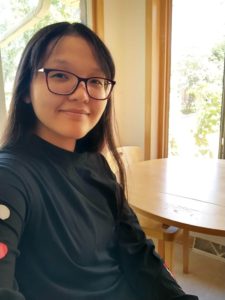
Students involved in performance ensembles, athletics or other co-curricular organizations said these relationship-based experiences are as integral to their college career as academics. For others, in-person connections with friends, professors, staff and community members felt important enough to take time off until they could return.
Still, staying enrolled full-time was ultimately the best option for some students considering time off.
Sofia Carr ’22, a Mellon Mays fellow in the same cohort as Kelly, was contemplating a leave of absence after a rocky experience learning remotely in the spring. “Last semester was the worst in terms of the environment I was in. My home was not a great place for me to be studying, it was not a great place for me to be for various reasons,” Carr said.
When The S&B first started messaging with Carr over Facebook in early July, she said she was worried about how her scholarships and fellowship would be impacted by the decision. It took her over a week to get an appointment with the Financial Aid Office. By the time The S&B spoke with her over the phone a week later, she had decided to give up on the idea of taking a leave out of sheer exhaustion.
“I’m really burnt out from trying to make decisions. It was just incredibly frustrating because I was redirected to different people and different phone numbers. It just took way too long. And so, if I wanted to take a semester off, I would have had to do [the same thing] but with so many people, and that’s just exhausting,” said Carr.
I’m really burnt out from trying to make decisions. – Sofia Carr ’22
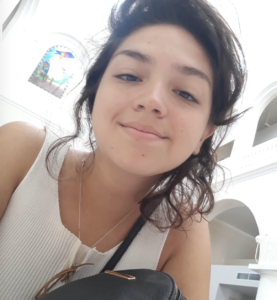
Students must apply for a leave of absence through the Department of Academic Advising. First, they must discuss the leave with their adviser and fill out an application with several questions about their motivation for taking time off. After this has been processed, applicants schedule an informal “interview” to discuss their leave with an Academic Advising staff member, who may raise alternative options or concerns the student had not previously considered.
In addition to these required steps, many students need to schedule appointments with financial aid to discuss how their leave of absence will affect the aid they receive. Then, once their leave has finally been made official, many face the daunting task of the job or internship application process.
“At this point, I’m going down the path of least resistance,” said Carr.
Now, Carr says she’s in a better place to handle online courses. After talking to her academic advisor, she’s more optimistic that professors are working diligently to improve the experience. “No one really knows how classes are going to go, though,” she noted.
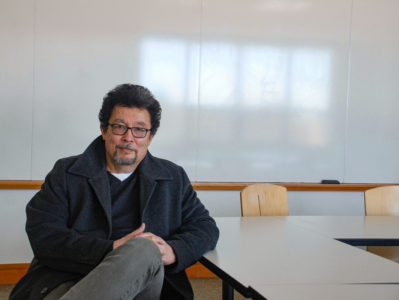
Professor Steve Andrews, English, said he has adapted his classes to small group discussions that simulate the guided nature of in-person instruction in the classroom. He said he believes fall courses will be more robust than the spring, but he doesn’t think they will be a perfect substitute for learning in the classroom.
“No matter how effectively I’m able to do the remote teaching, I’m going to miss that experience. … Those are some of the tangibles that go on to create the kinds of experiences that can have the potential to stay with students a long time,” said Andrews.
Students are facing all kinds of risks during the pandemic. And while the College has pushed “academic continuity” as a reason not to take a leave of absence, to Andrews, urging all his student advisees to graduate in four years under the extreme circumstances seems misguided.
“What would be the ethical framework for me to push hard on a student to be here? The bottom line for me is the choice is made by the student in relationship to the meaningful people in their lives,” said Andrews. “Let’s not kid ourselves. This is both an educational decision and it is a health decision.”





























































